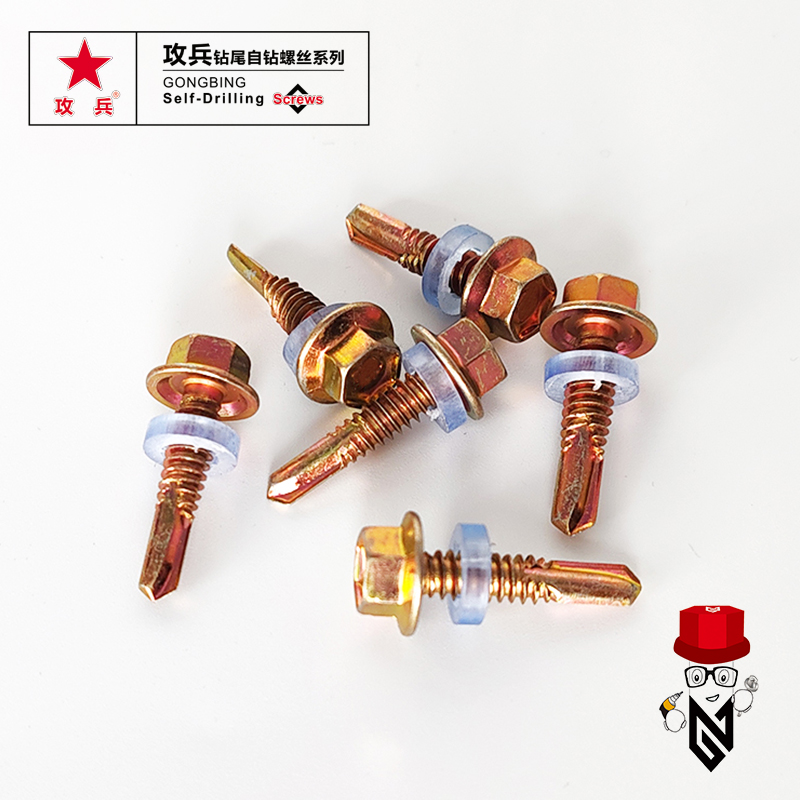Understanding Metal Expansion Nuts and Their Applications in Various Engineering Fields and Projects
Understanding Metal Expansion Nuts Functionality and Applications
Metal expansion nuts are essential fastening components widely utilized in various engineering and construction applications. Designed to accommodate the natural expansion and contraction of materials due to temperature changes, these nuts offer a reliable solution for maintaining the integrity of connections in environments where traditional fastening methods may falter.
What Are Metal Expansion Nuts?
Metal expansion nuts, often referred to as expansion anchors or expansion inserts, are specialized fasteners that expand when a bolt or screw is threaded into them. They typically consist of a cylindrical body with slits along its length or an expandable design that facilitates outward expansion. The main purpose of these nuts is to create a secure grip within a substrate, such as concrete, wood, or metal, thereby preventing loosening due to vibrational forces, temperature fluctuations, or stress.
How Do They Work?
The functionality of metal expansion nuts centers around the principle of mechanical expansion. Upon the application of torque, the screw or bolt is threaded into the nut, which, in turn, causes the nut to expand outward. This outward expansion presses the sides of the nut against the inner walls of the hole it occupies, creating a tight fit. The added friction and mechanical grip prevent the nut from loosening over time, even in dynamic conditions.
Advantages of Metal Expansion Nuts
1. Self-Locking Mechanism One of the standout features of metal expansion nuts is their ability to lock into place without additional locking devices. This self-locking characteristic significantly enhances the safety and durability of applications.
metal expansion nut

2. Load Distribution Because the expansion mechanism increases the surface area in contact with the base material, it helps distribute loads more evenly. This property reduces the risk of stripping threads or damaging the substrate.
4. Resistance to Corrosion Many metal expansion nuts are available in corrosion-resistant materials, such as stainless steel or coated metals, which are ideal for outdoor or humid environments.
Common Applications
Metal expansion nuts find their usage in diverse fields. In construction, they are frequently employed for securing structural elements, like beams and frames, in concrete. They are also prevalent in HVAC systems, where they help secure ducts and other installations prone to thermal expansion.
In automotive applications, metal expansion nuts are utilized in securing engine components and exhaust systems, where high temperatures can lead to expansion. Their reliability ensures that parts remain firmly attached, reducing the risk of failure.
Conclusion
Metal expansion nuts serve as a vital component in ensuring mechanical integrity and stability in various applications. Their unique design allows for effective load management, self-locking capabilities, and adaptability to different materials and conditions. As industries continue to evolve, the role of metal expansion nuts will undoubtedly expand, contributing to the safety and efficiency of structures and machinery. Whether in construction, automotive, or other fields, understanding these fasteners' advantages can enhance engineering practices and promote better design solutions.
-
Weatherproof Plastic Expansion Anchors for OutdoorNotíciesJun.06,2025
-
Sustainability in the Supply Chain: Eco-Friendly TEK Screws ProductionNotíciesJun.06,2025
-
Load-Bearing Capacity of External Insulation FixingsNotíciesJun.06,2025
-
Double Head Bolts: Enhancing Efficiency in Industrial MachineryNotíciesJun.06,2025
-
Corrosion Resistance in Chipboard Screws: Coatings for Wholesale DurabilityNotíciesJun.06,2025
-
Butterfly Toggle Bolts : Enhancing Structural ResilienceNotíciesJun.06,2025
